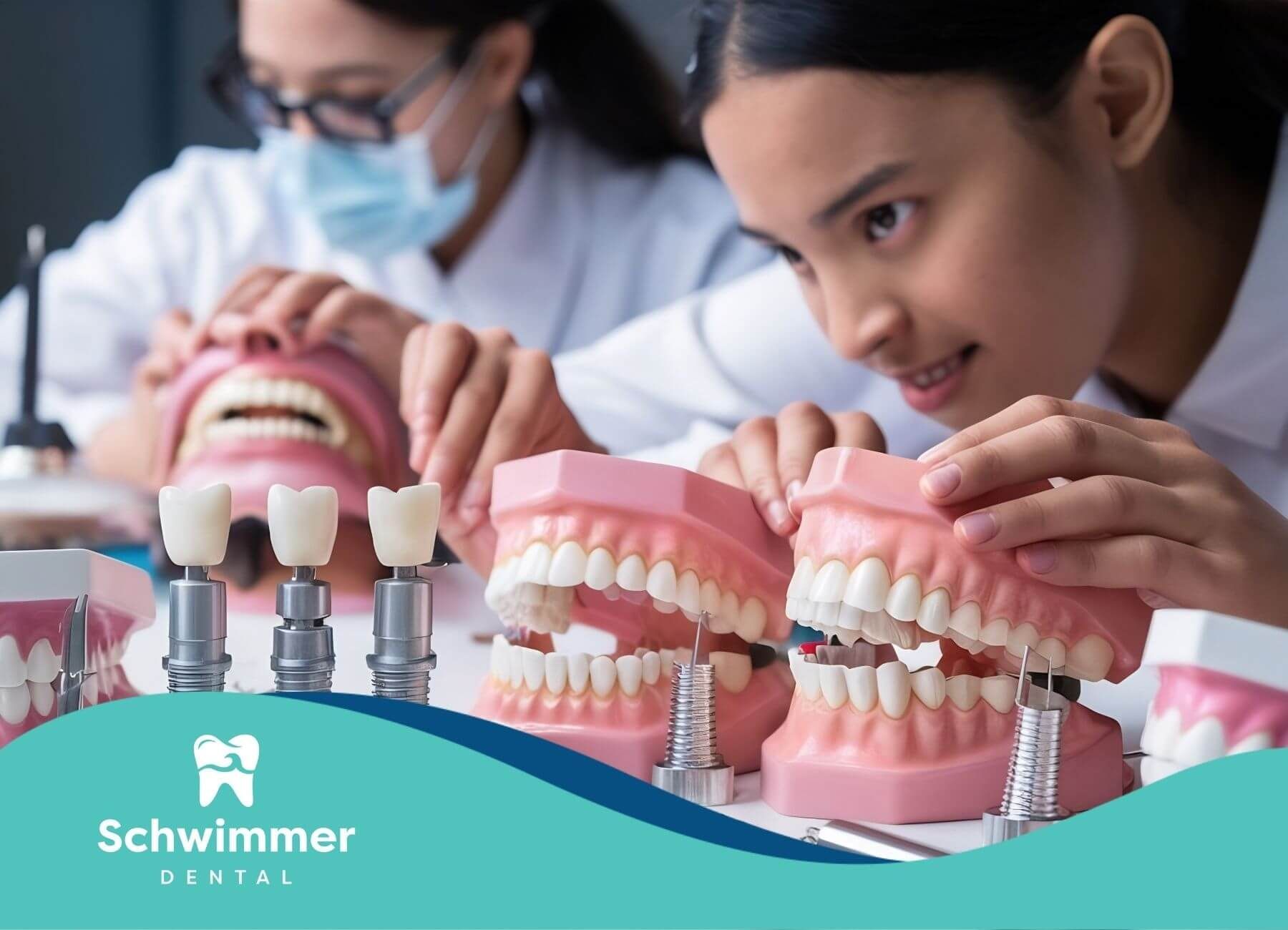Finding the Perfect Night Guard for Teeth Grinding Made Easy
Understand Teeth Grinding
What Is Bruxism?
Bruxism, commonly called teeth grinding, occurs when individuals clench or grind their teeth. This condition can manifest during daytime activities or as a sleep-related movement disorder known as sleep bruxism. Sleep bruxism often accompanies other disorders such as snoring and sleep apnea. An estimated one in three people grind their teeth at some point, making this a widespread issue.
Common Symptoms and Risks
Persistent teeth grinding can lead to:
- Jaw pain and muscle soreness
- Frequent headaches and migraines
- Worn or fractured tooth enamel
- Disrupted sleep for bed partners
- Increased risk of temporomandibular joint (TMJ) disorders
Left unmanaged, bruxism may also contribute to tinnitus, cracked teeth, and long-term damage to dental restorations.
Recognize Mouth Guard Types
Night guards, also called bite guards or occlusal splints, come in several varieties. Each type offers different levels of protection and comfort.
Soft Night Guards
Soft guards are typically made from about 3 mm of EVA (ethylene vinyl acetate) material. These flexible appliances cushion mild clenching and grinding while maintaining comfort. They are often recommended for individuals whose symptoms are moderate and who primarily experience teeth clenching. Store-bought options tend to be less expensive but may require more frequent replacement.
Hard Night Guards
Hard guards use rigid acrylic polymers to resist severe grinding forces. Custom-made by a dentist or through a self-impression kit, they offer durable protection against enamel wear and tooth fractures. Hard guards are ideal for severe bruxism cases but may feel less forgiving at first.
Dual Laminate Guards
Dual laminate (bilaminar) appliances combine a soft interior with a hard exterior. This design blends comfort with strong grinding resistance. Users who grind intensely but need a gentler inner surface often choose dual laminate guards.
Custom Versus Over the Counter
Over-the-counter (OTC) guards, including boil-and-bite models, are readily available at pharmacies. They provide an immediate solution but may lack precise fit. Custom-fitted night guards, crafted from dental impressions, snugly conform to an individual’s bite, offering superior protection. Custom devices are especially recommended for those with braces, dental implants, or other restorations.
Choose Based on Condition
Selecting the right guard depends on symptom severity, dental health, and lifestyle factors.
Mild Grinding Cases
Individuals with occasional clenching may find relief with soft OTC guards. These devices cushion contacts without rigid pressure points.
Severe Grinding Cases
When enamel loss or tooth fractures become evident, a hard or dual laminate guard is often necessary. The added rigidity prevents further wear under high bite forces.
Dental Restorations and Braces
Custom appliances are best for those with implants, bridges, or orthodontic hardware. A precise fit reduces the risk of damage to dental work and improves comfort.
Explore Material Characteristics
Understanding the materials behind each guard clarifies their performance.
Soft EVA Material
EVA offers elasticity and shock absorption. Its pliable nature makes it comfortable for light to moderate clenching but less resistant to strong grinding.
Acrylic and Hard Polymers
Acrylic-based guards use rigid plastics that withstand high pressure. They may require an adaptation period but deliver long-lasting durability.
Flexible Super Hard Guards
Some manufacturers offer ultra-dense flexible hard guards. These devices combine the toughness of acrylic with a spring-like flexibility, enhancing comfort without sacrificing protection.
Plan Replacement Schedule
Lifespan varies by type and wear frequency. Custom night guards can last several years with proper care, though severe grinders may need replacements every 1–2 years. OTC boil-and-bite guards typically require renewal a few times annually.
Maintain Guard Hygiene
Proper cleaning and storage extend guard life and prevent oral health issues.
Cleaning and Storage
After each use, guards should be rinsed under cool water and gently brushed with a soft toothbrush. Weekly deep cleaning can involve soaking in a non-alcoholic denture solution. Excess heat should be avoided to prevent warping.
Avoiding Bacterial Growth
Bacteria can accumulate on night guards and lead to bad breath or infections. Drying the appliance on a clean surface between uses and storing it in a ventilated case helps minimize microbial growth.
Check Insurance Coverage
Dental insurers often cover part or all of the cost for custom-fitted night guards. Coverage details vary, so individuals should consult their provider or dental office to explore payment plans or reimbursement options.
Consult a Dental Expert
Diagnosis of bruxism typically follows a physical exam and discussion of symptoms. In some cases, a sleep study (polysomnography) may be recommended to assess sleep-related movement disorders. A dentist can recommend the most suitable night guard type and ensure proper fit to optimize protection and comfort.
Conclusion
A well-chosen night guard for teeth grinding can reduce enamel erosion, ease jaw discomfort, and improve sleep quality. Individuals should start by evaluating their grinding severity and dental needs, then decide between soft, hard, or dual laminate options. Custom appliances deliver the best fit for those with braces or implants, and regular professional checkups ensure continued effectiveness. With the right guard and care routine, bruxism can be managed effectively, safeguarding dental health now and in the future.
Teeth grinding (bruxism) can lead to serious dental issues, but the right night guard can make all the difference in protecting your smile and improving your quality of life. At Schwimmer Dental, we offer expert dental advice in Point Pleasant Beach, NJ on selecting the perfect night guard for your needs whether you’re dealing with jaw pain, enamel erosion, or sleep disruptions. Our team helps you find the right solution, ensuring you can sleep soundly while safeguarding your oral health.
Are you ready to protect your smile from teeth grinding? Schedule an appointment with us today to get a custom night guard that fits perfectly and keeps your teeth healthy.
Frequently Asked Questions
What is the best night guard for teeth grinding?
Custom-fitted night guards provide the best protection, especially for those with braces or dental implants. Soft guards are good for mild grinding, while hard or dual laminate guards are recommended for more severe cases.
How can I tell if I need a night guard?
If you experience jaw pain, tooth sensitivity, headaches, or noticeable enamel wear, a night guard may be necessary. A dentist can confirm whether grinding is occurring and recommend the appropriate treatment.
Can a night guard fix teeth grinding?
While night guards don’t stop teeth grinding itself, they prevent damage caused by grinding, such as enamel erosion, jaw pain, and cracked teeth, providing long-term relief.
SOURCES:
https://my.clevelandclinic.org/health/diseases/10955-teeth-grinding-bruxism
https://www.mayoclinic.org/diseases-conditions/bruxism/symptoms-causes/syc-20356095
https://my.clevelandclinic.org/health/treatments/10910-mouthguards
https://www.sleepfoundation.org/bruxism/tips
https://sportingsmiles.com/teeth-grinding-guard-types-soft-hard-or-dual-laminate/



